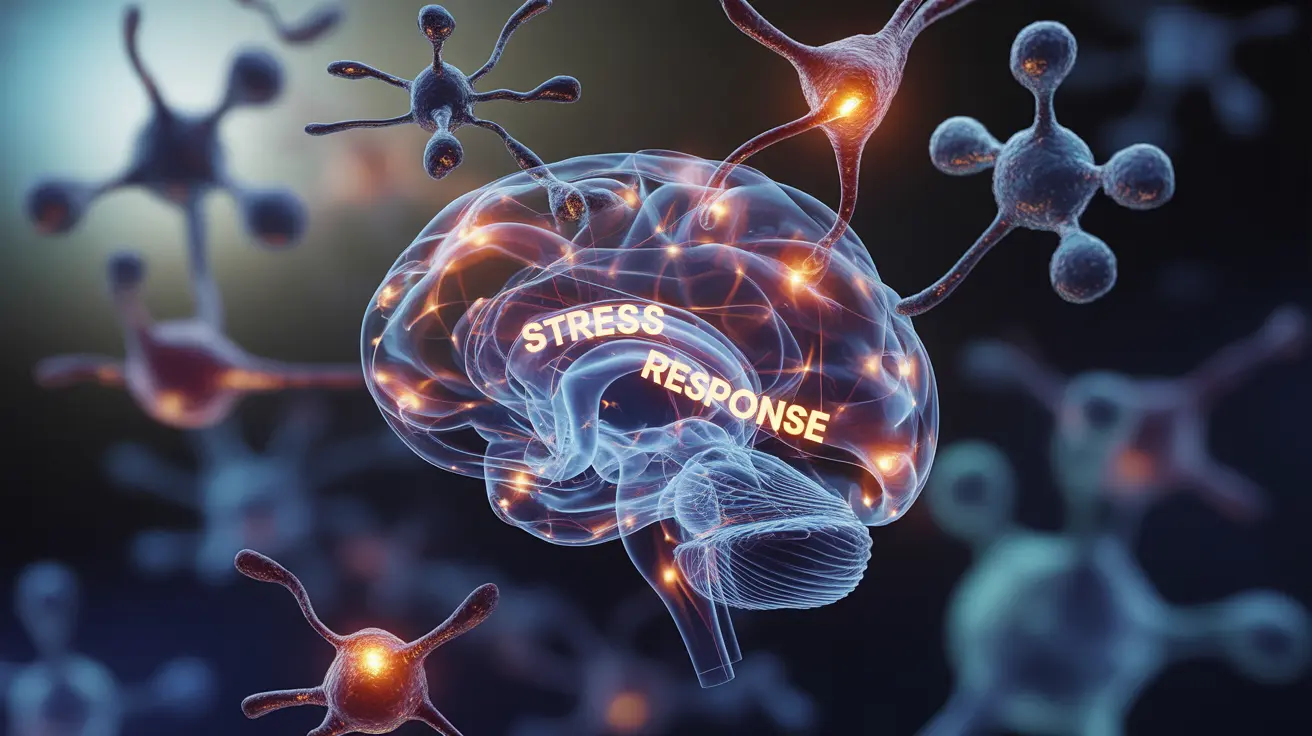When stress levels surge, some individuals may experience stress-induced seizures, which can be both epileptic and non-epileptic in nature. These neurological events can significantly impact a person's quality of life and require proper understanding for effective management. This comprehensive guide explores the relationship between stress and seizures, their potential dangers, and essential prevention strategies.
The Connection Between Stress and Seizures
Stress can trigger seizures through various physiological mechanisms. During periods of intense stress, the body releases hormones like cortisol and adrenaline, which can affect brain activity and potentially lower the seizure threshold in susceptible individuals. Understanding this connection is crucial for both prevention and management.
Types of Stress-Induced Seizures
Epileptic Seizures
These seizures involve abnormal electrical activity in the brain and can be triggered or exacerbated by stress. They typically involve involuntary movements, loss of consciousness, and post-ictal confusion. Stress may lower the threshold for seizure activity in people with epilepsy.
Psychogenic Non-epileptic Seizures (PNES)
PNES are stress-related events that mirror epileptic seizures but don't involve abnormal electrical activity in the brain. These episodes are psychological in nature and often occur in response to emotional trauma or severe stress.
Recognizing the Dangers
Stress-induced seizures can pose various risks to an individual's safety and well-being. During a seizure, a person may fall, hit their head, or experience other injuries. Additionally, prolonged or frequent seizures can impact cognitive function and overall health.
Common Risks Include:
- Loss of consciousness leading to falls
- Injury from uncontrolled movements
- Potential breathing difficulties
- Memory and cognitive issues
- Emotional and psychological impact
Managing and Preventing Stress Seizures
Taking proactive steps to manage stress levels can significantly reduce the risk of stress-induced seizures. A comprehensive management plan typically includes both immediate interventions and long-term lifestyle modifications.
Lifestyle Modifications
- Regular exercise and physical activity
- Consistent sleep schedule
- Balanced nutrition
- Mindfulness and meditation practices
- Stress-management techniques
Medical Management
Working with healthcare providers to develop an appropriate treatment plan is essential. This may include anti-epileptic medications for those with epilepsy, or psychological support for individuals with PNES.
Frequently Asked Questions
- Are stress-induced seizures dangerous and can they cause serious injuries?
Yes, stress-induced seizures can be dangerous and may cause injuries from falls, uncontrolled movements, or loss of consciousness. Serious complications can include head trauma, broken bones, and breathing difficulties during seizures.
- How does stress trigger both epileptic and nonepileptic seizures?
Stress triggers epileptic seizures by affecting brain chemistry and lowering seizure thresholds through hormone release. For nonepileptic seizures, stress acts as a psychological trigger, particularly in individuals with underlying emotional trauma or anxiety disorders.
- What should I do if I or someone else has a seizure triggered by stress?
Ensure the person's safety by clearing the area of hazards, cushioning their head, and turning them on their side. Don't restrict their movements or put anything in their mouth. Time the seizure and seek emergency help if it lasts longer than 5 minutes.
- How can I reduce the risk of stress-related seizures through lifestyle changes?
Implement stress-reduction techniques such as regular exercise, adequate sleep, meditation, and proper nutrition. Maintain a consistent daily routine and work with mental health professionals to develop effective coping strategies.
- What are the differences between epileptic seizures and psychogenic nonepileptic seizures caused by stress?
Epileptic seizures involve abnormal electrical activity in the brain and typically show specific patterns on EEG tests. Psychogenic nonepileptic seizures don't show these electrical changes and are psychological in nature, often occurring in response to emotional triggers or stress.




